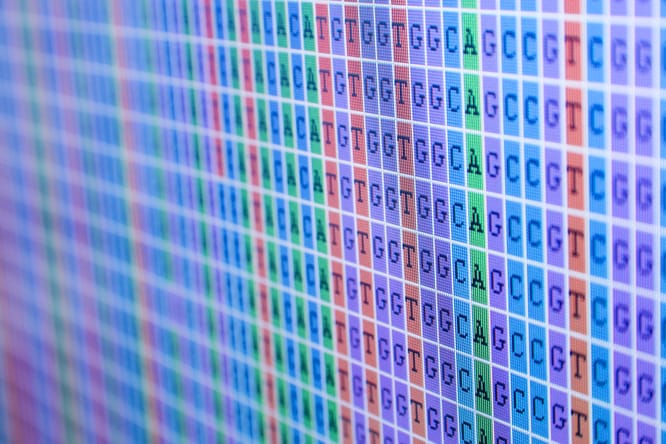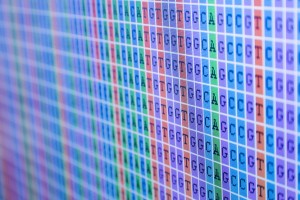Study Identifies Individuals Resilient to Severe Genetic Diseases

 Researchers from the Icahn School of Medicine at Mount Sinai in New York City have discovered that certain individuals have the ability to survive genetic disorders that usually have severe or lethal consequences. A genetic screen of almost 600000 healthy people identified 13 of them carrying mutations in essential genes. The study has been published in the journal Nature Biotechnology.
Researchers from the Icahn School of Medicine at Mount Sinai in New York City have discovered that certain individuals have the ability to survive genetic disorders that usually have severe or lethal consequences. A genetic screen of almost 600000 healthy people identified 13 of them carrying mutations in essential genes. The study has been published in the journal Nature Biotechnology.
Genetic studies tipically focus on detecting the mutation(s) that cause a person to be affected by a specific illness. Sequencing technologies have allowed to gather massive genetic information and to identify more than 150000 genetic variants that cause around 6000 Mendelian disorders. However, despite knowing the origin for these illnesses, it is usually unfeasible to find a cure for them. Small molecule therapies to restore protein production in loss-of-function mutations have been unsuccessful so far.
Previous studies on humans and model organisms identified certain individuals that survived despite carrying one or several mutations in a gene essential for survival. Genomic analysis showed that this was due to the presence of suppresor mutations, additional variants in their genetic sequence that buffered an otherwise lethal mutation. The Mount Sinai research team decided to carry out a similar study, but with a more systematic approach.
A genomic screen to find resilient individuals
The researchers carried out a massive genomic screen on healthy people and checked if they carried mutations on essential genes. They analyzed 874 genes, believed to cause 584 Mendelian childhood disorders, in 589306 genomes. The Resilience Project identified 13 individuals that had mutations for eight Mendelian disorders but were not affected by them.
Identifying what makes these people resilient would help to find a cure for those diseases. Knowing what genetic variants they carry that inhibit illness development would allow to understand the molecular mechanisms of the disease and to devise therapeutic strategies. However, the current legal framework prevents researchers from knowing the identity of the individuals studied. Genomic databases differ in the amount of genome sequenced; if the protective variants are in a part of the genome that was not covered, it will be impossible to identify them unless the individual of interest is contacted for a full genome sequencing.
Law enforces genomic data protection to defend individuals against improper use of information by employers and healthcare companies. However, new consent rules should be established that allow researchers to contact resilient individuals to perform full genome sequencing, proper disease diagnosis and follow-up.
Perhaps you are a resilient person, protected against a disease by undiscovered genetic or environmental factors. You can volunteer at http://resilienceproject.com/.
